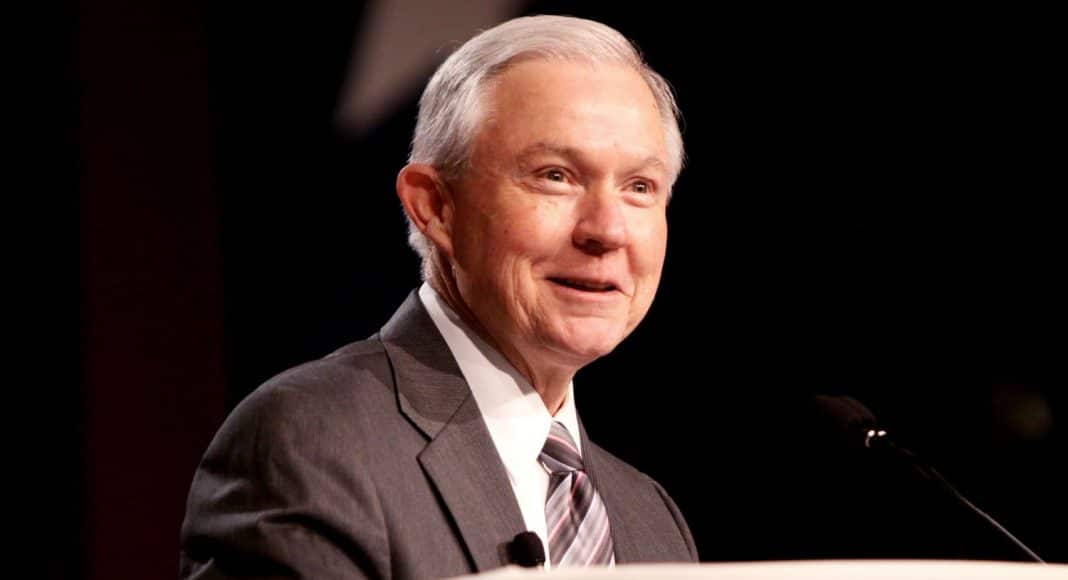In November, the country elected a new president who promised to shake up Washington. At the same time, the cannabis industry took a giant leap forward with seven states voting yes to measures further legalizing marijuana. In total, California, Nevada, Massachusetts and Maine legalized recreational use, and Florida, North Dakota and Arkansas legalized medical use, bringing the total number of states with legal marijuana to 29.
The recent slate of successful marijuana-related measures at the state level could be viewed as a national referendum on cannabis. The “yes” votes cut across party lines and presidential candidates. Today, two-thirds of Americans live in states with legal access to cannabis.
California, the first to pass medical marijuana two decades ago, is arguably the most significant bellwether state in the evolution of cannabis. It is the country’s most populous state, the sixth largest economy in the world and a cultural trendsetter. California’s Proposition 64 legalizing adult use of marijuana passed with 57 percent of the votes.
Since then, there has been much speculation about what one event means for the other.
As President-elect Donald Trump nominates members of his cabinet, some have conjectured about what U.S. Attorney General appointee Jeff Sessions, a Republican senator from Alabama, might mean for the future of the cannabis industry. The sober conclusion? Very little.
It is true that Mr. Sessions publicly has expressed contempt for marijuana users, but it is a giant leap to equate one’s personal stance with a public policy position that will impact millions of lives. You can be a teetotaler, but still believe that the best way for government to control alcohol consumption is to regulate it, not ban it.
“The cannabis industry is on track to reach $23 billion by the end of the decade, it is already a major economic engine employing more than 100,000 and generating millions in tax revenue.”
What we do know, from a policy perspective, is that Mr. Trump is on the record saying marijuana policy is something best left to the states, a position consistent with Republican Party’s core doctrines.
U.S. Rep. Dana Rohrabacher (R-Calif.), a long-time supporter of marijuana policy reform in Capitol Hill, told reporters recently that he trusts that Mr. Trump’s hands-off approach is likely to prevail.
In fact, Mr. Rohrabacher may hold more sway on federal policy than anyone in the executive branch when it comes to marijuana. The Rohrabacher-Farr Amendment, which he co-authored, prohibits the U.S. Department of Justice from prosecuting those who engage in state-sanctioned use, cultivation and dispensing of medical marijuana. It was first passed in 2014 with bipartisan support and again in 2015. It needs to be renewed each year, but it is currently the law.
Others have pointed out that the president cannot nullify state laws, and only Congress has the power to pass federal laws. And Congress’ attitude toward marijuana is likely to reflect the U.S. electorate. The vast majority of Americans today favor legalizing marijuana, about 60 percent, the largest percentage ever, according to recent polls.
There are currently several bills working their way through Congress that could further ease Prohibition, including the Marijuana Business Access to Banking Act that would update federal banking rules to resolve conflicts between federal and state laws and allow banks and credit unions to provide services to legitimate marijuana businesses. U.S. Rep. Denny Heck (D-Wash.), a co-author of the banking bill, has said the results of this year’s elections could give his bill a boost.
As more and more states legalize marijuana, the federal stance will be become untenable in the long run. It is fundamentally unfair that the same act of consuming marijuana can be perfectly legal in one state, and land you in prison in another. President Barack Obama made that very point during a recent interview with Bill Maher telling the television host that the time will come when the federal government must review its stance on cannabis.
With all due respect to President-elect Trump and Mr. Sessions, this debate is larger than one administration or one cabinet nomination. The cannabis industry is on track to reach $23 billion by the end of the decade, it is already a major economic engine employing more than 100,000 and generating millions in tax revenue.
The way for progress is not to turn back time, but to continue institutionalizing this space with professional standards and reasonable regulations that protect consumers and citizens.
Commentary by Adam Bierman, chief executive officer and co-founder of MedMen, a Los Angeles-based firm that offers turnkey services for cannabis license holders and makes strategic investments in key cannabis markets across the U.S. and Canada. He is a longtime supporter of Marijuana Policy Project (MPP), helping launch the Pledge 4 Growth campaign with the advocacy group in 2015. Follow him on Twitter @_AdamBierman_.
This story first appeared on CNBC.com.


